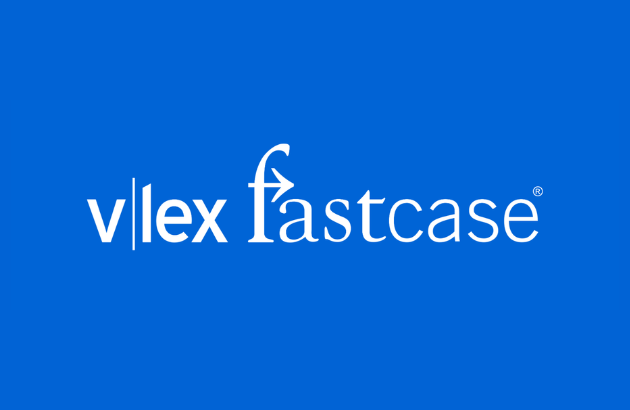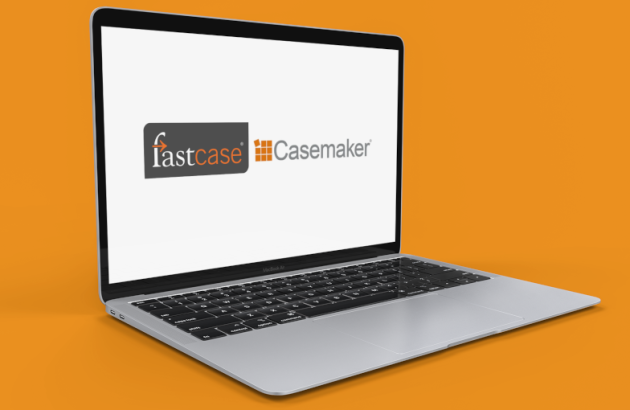Blog
Database Search Algorithms
Members of the American Association of Law Libraries (AALL) should check out Susan Nevelow Mart's presentation on Understanding the Human Element in Search Algorithms at AALL's annual conference and her article in the AALL Spectrum "Every Algorithm has a POV" (AALL Spectrum, Sept./Oct. 2017, v.22 Number 1, p.40). She compares the results of using WestlawNext, Lexis Advance, Fastcase, Google Scholar, Ravel and Casetext's search algorithms. Nevelow Mart emphasizes that the algorithms are designed by people, who must make decisions about how heavily to weigh date, word frequency, proximity, authoritativeness, etc. when they are designing the algorithms.
In order to search effectively, it helps to understand the broad outlines of how the algorithm for each database functions. Fastcase has responded to these concerns and is giving some control to the searcher. The Advanced Search in Fastcase 7 now allows the user to customize the relevance algorithm:

Changing the weight of choices like Search Relevance Score affects the search results.
Take a look at whatever databases you have access to - Lexis Advance, WestlawNext, Fastcase, Google Scholar, etc. - and run the same "natural language" search in each. Results may differ somewhat based upon the content that is available in each database, but chances are that if you see substantial differences in results, it is also tied to the relevance algorithm.



